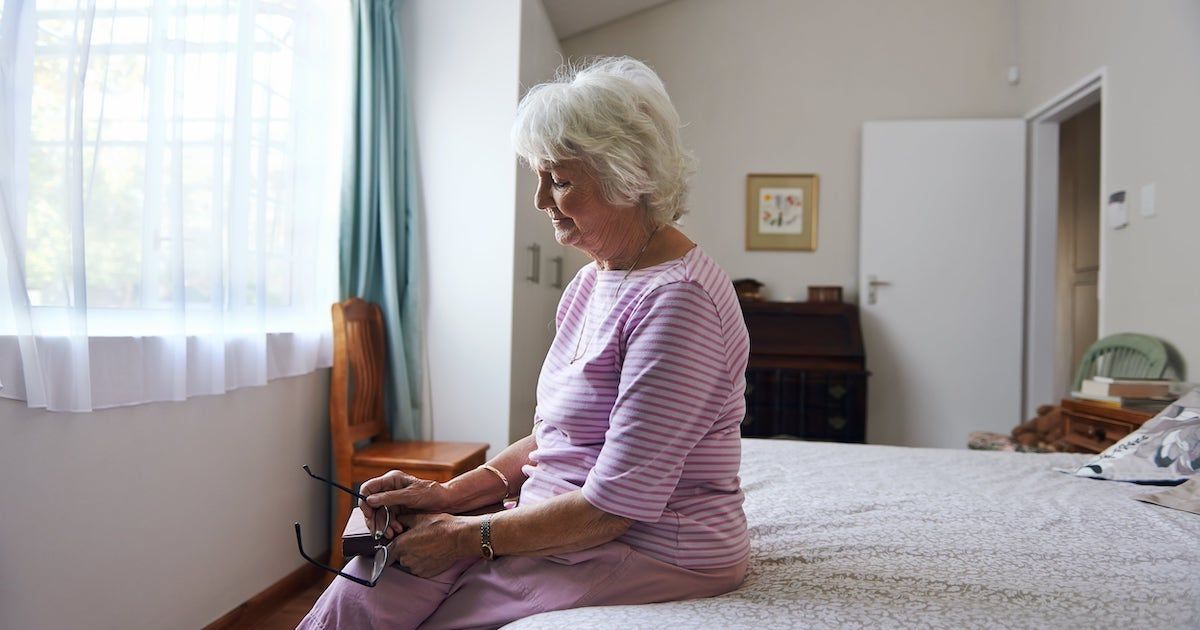
What is Dementia?
Dementia is a term which describes the symptoms of a large group of illnesses which cause a progressive decline in a person’s mental functioning including loss of memory, intellect, rationality, social skills and normal emotional reactions.
What are the types of Dementia?
There are five types of Dementia diagnoses, which make up the largest share of the disease. By far the most common type of dementia is Alzheimer’s Disease—a progressive, fatal disease thought to be responsible for as much as 80% of all dementias. It affects more than 5.5 million Americans and is currently the 5th leading cause of death in people over 65. The average duration of this disease is 4-6 years after diagnosis. From onset until death, 3 to as many as 20 years.
The second most common form of Dementia is Vascular Dementia which is associated with problems in the circulation of blood to the brain. It is also sometimes called Multi-Infarct Dementia since it can be related to multiple strokes and leads to deterioration of mental abilities.
One can also be diagnosed with Mixed Dementia which is a combination of Alzheimer’s and Vascular Dementia. These two combined have a greater negative effect on mental abilities than either disease separately.
Dementia with Lewy Body is the 4th most prevalent type of Dementia. It is the result of abnormal deposits of a protein that form inside the brain’s nerve cells. This disease is marked by memory problems, poor judgment, excessive daytime drowsiness, visual hallucinations and symptoms of stiffness, tremors and restriction of movement. This disease can be confused with Parkinson’s Disease which has similar symptoms of tremors and stiffness. Cognitive decline is more rapid with Lewy Body Dementia and the disease does not respond to treatment with Leva-Dopa the way Parkinson’s Disease does.
The 5th most common form of Dementia is Frontotemporal Lobe Dementia or Pick’s disease. It mounts an attack on the frontal and temporal lobes of the brain resulting in psychotic symptoms and changes in personality, judgment, planning and social functioning.
All these diseases require extensive testing to rule out other maladies which could be contributing to a decline in cognitive abilities. Examples of these contributing factors are Urinary Tract Infections (UTIs), medication side effects or negative drug interactions and Dehydration. This takes time and experts in several specialties. Once these other factors are ruled out the often grim diagnosis of Alzheimer’s or another terminal neurological disease can be made.
Dementia Statistics
Currently there are more than 600,00 Californians 55 and older living with Alzheimers. Between now and 2030 this number is expected to double. Worldwide as many as 44% of people in their 80s are expected to have some form of Dementia. That’s more than 1 in every 3 people. Epidemiologists have been more successful identifying the scope of this “Dementia Pandemic” than the medical community has been at diagnosing and treating their patients. There are very few drugs available for Dementia treatment and many of them are aimed at reducing symptoms and can have substantial negative side effects. The medical costs associated with these dementia diseases are in the billions but the social costs are astronomical.
In this expert’s eyes, dementia qualifies in every way as a global pandemic and should not be ignored. To learn about how Olivenhain Guest Home cares for patients with dementia, contact us today.



